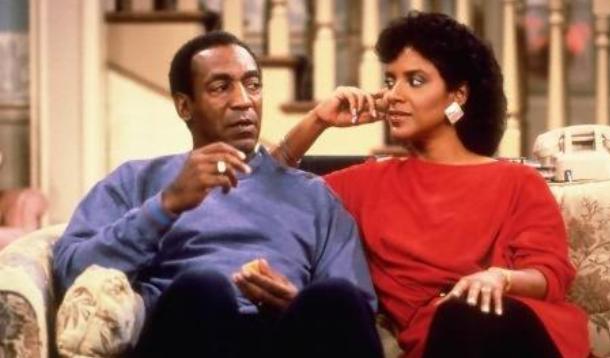
Like a good TV wife, Phylicia Rashad - who played Bill Cosby's partner, Claire Huxtable - is one of the few willing to defend his name in the face of an ever-growing number of sexual assault allegations.
![]() Bill Cosby Meme Is A Massive Flop
Bill Cosby Meme Is A Massive Flop
The pair were married onscreen for 12 years, and until now Rashad has remained silent about accusations that could (and probably already have) irreparably damaged his long career as a comedian.
In an exclusive interview, Rashad claimed she not once saw a hint of the behaviour described by dozens of women, and insisted that there's no way Cosby's wife, Camille, would have stood by him for 50 years if the allegations were true.
“Forget these women,” Rashad said. “What you’re seeing is the destruction of a legacy. And I think it’s orchestrated. I don’t know why or who’s doing it, but it’s the legacy. And it’s a legacy that is so important to the culture.”
Why dozens of unrelated women would fabricate and corroborate stories is an anathema. As far as conspiracy theories go, it's a bit of a stretch, frankly, especially for a man who is well past his prime (time).
“Someone is determined to keep Bill Cosby off TV,” said Rashad. “And it’s worked. All his contracts have been cancelled.”
All but in Ontario, of course, where the shows must go on—and will—starting this week as Cosby is set to perform in a series on stand-up shows. In a sickening move, choosing sales over ethics, vendors refused to cancel the gigs because of the penalties for forfeiting Cosby's contract.

My mother can't stand cooking, and she won't mind me saying so. In fact, she used to openly pine for a pill one could take in lieu of eating/cooking. It was a Brave New World fate that I—loving food far too much to forsake my taste buds—could never imagine.
Well, it seems my mom's wish is finally modern science's command.
![]() 9 Sneaky Ways To Lose Weight
9 Sneaky Ways To Lose Weight
There is a new pill in the works that acts as an "imaginary meal." Instead of suppressing appetite or speeding up metabolism, that created by dreamed up by researchers at the Salk Institute in La Jolla, California, actually sits in your gut, effectively "tricking" your body into thinking you've just enjoyed a good square meal.
In addition to having fewer side effects than other diet products, the new pill contains no calories and doesn't alter appetite.
Of course right now it has only been tested on mice. Yet the study results, currently published in the journal Nature Medicine, look promising: weight loss—check, lowered cholesterol—check, decreased inflammation—triple check.
How it works: the pill switches on the farensoid X receptor (FXR) in our intestines. The FXR protein releases bile acids that not only help us digest food but also burn fat and alter blood sugar levels. For some reason, the pill also boosted metabolism and improved the type of gut bacteria in the mice.
![]() Skip The Scale: 7 Tips To Help You Become A Portion Control Pro
Skip The Scale: 7 Tips To Help You Become A Portion Control Pro
It's thought that having the FXR in the gut instead of directly the bloodstream makes it a safer bet than most other weight-loss drugs.
For some people this may well turn out to be the holy grail of weight loss. It's no substitute for good old-fashioned healthy eating and exercise, yet perhaps it may be a necessary starting point for the morbidly obese, and a kinder alternative than bariatric surgery.
Sorry, mom. Looks like you're not out of the woods (er, kitchen) just yet.

Have you made any resolutions for 2015? Good for you! Wanting to better yourself is a laudable goal. But if you want to avoid feeling like a colossal failure come February, know that there's a reason almost all of those well-intentioned changes don't stick past January.
![]() Secrets to Success: How to Keep Your Resolutions this Year
Secrets to Success: How to Keep Your Resolutions this Year